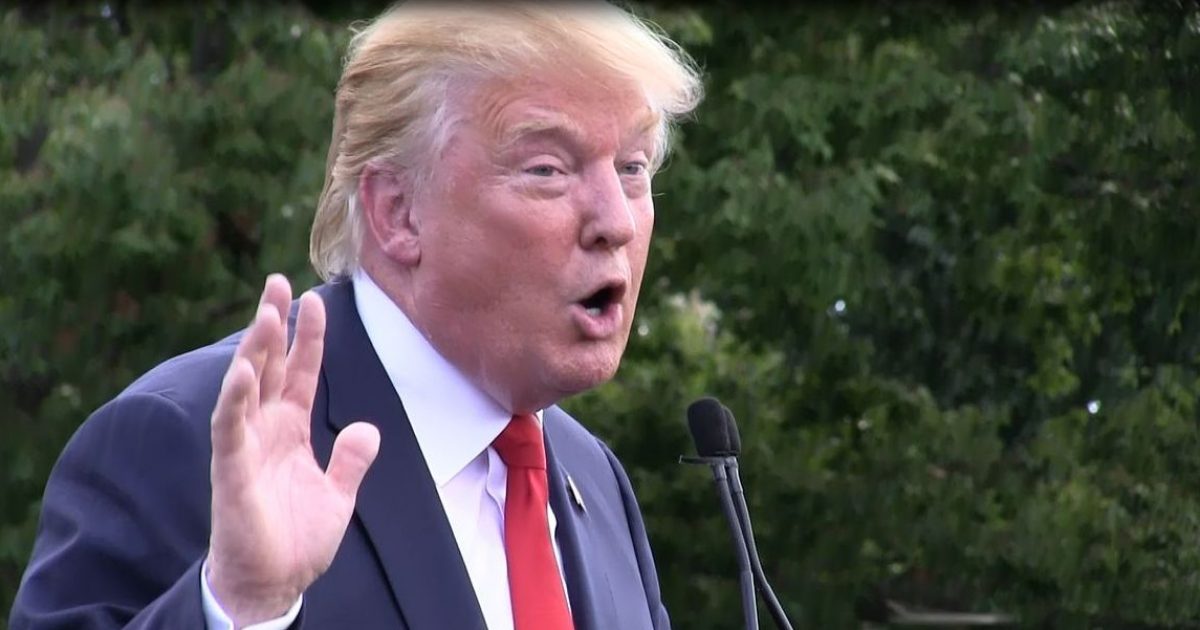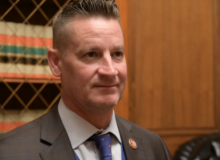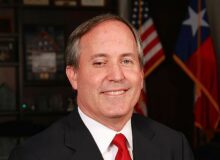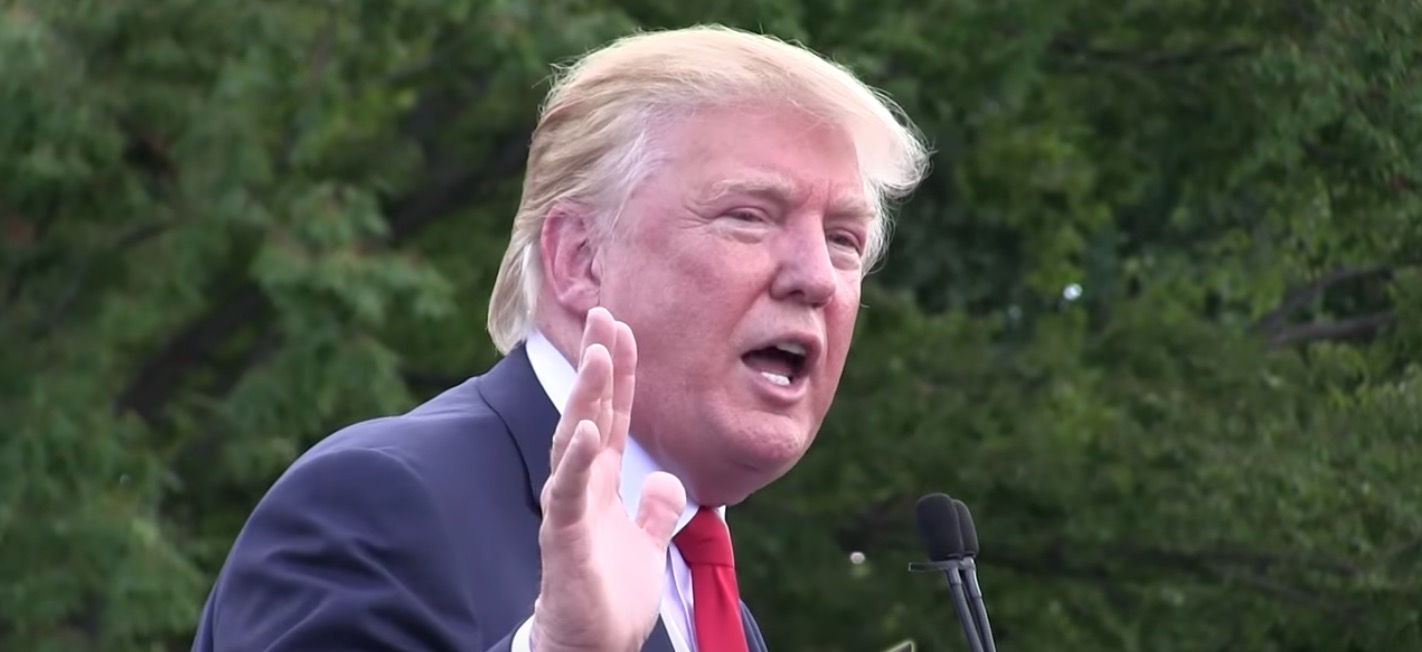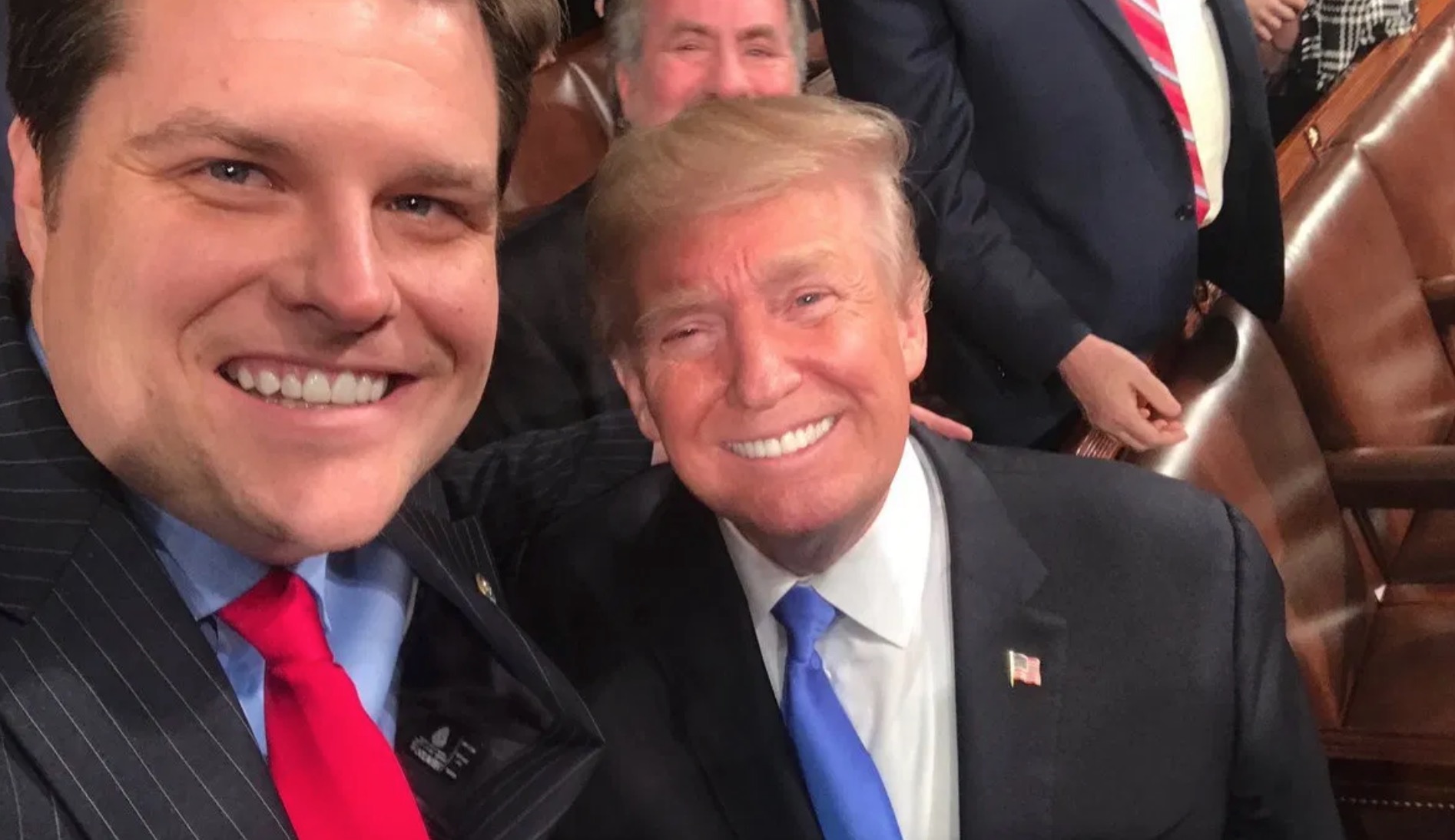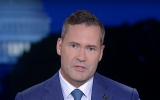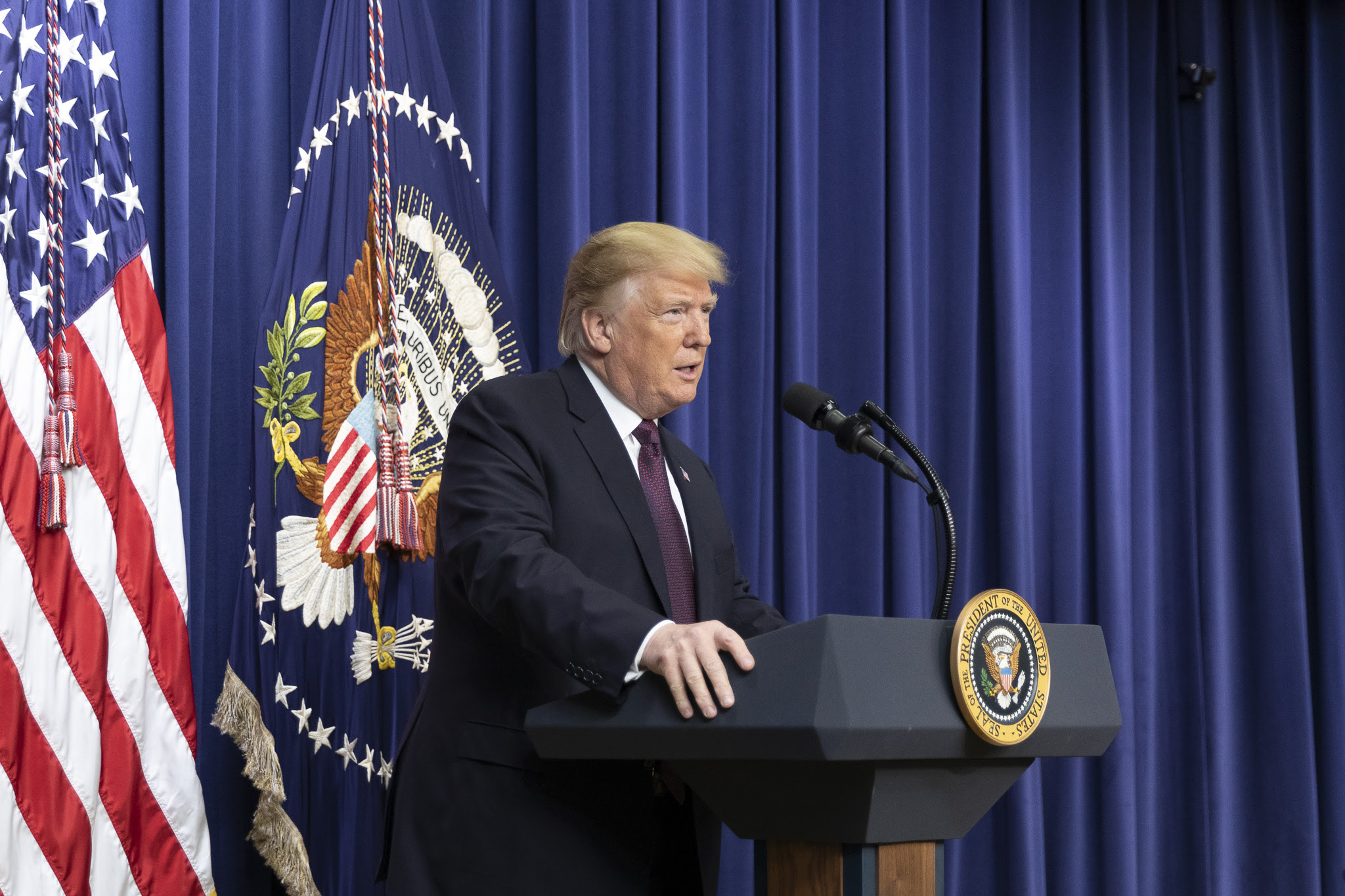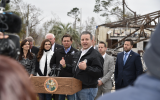Shark Tank has obtained documents that shed further light on the outrageous hostage-taking of a Jacksonville, Florida company’s power plant by an Australian bank.
As we’ve previously reported, Jacksonville-based APR Energy had tens of millions of dollars in power generation equipment seized by ANZ Bank under an unusual and obscure Australian law that favors Australians called the Personal Property Securities Act (PPSA). The PPSA among other things, transfers the ownership of items that are leased to the creditors of the lessor if the lessor files for bankruptcy. It creates a situation as absurd as someone in the US leasing a car, filing for bankruptcy, and having the creditors of that bankrupt person get to keep the car. What?While this dispute has been ongoing for years, prominent Florida Republicans – such as Jacksonville Mayor Lenny Curry – have begun speaking out on the issue, believing that President Trump might act to help a US business in a way that Obama never would.
A letter from the Australian government to APR’s lawyers crystallizes the urgency of executive action.
Do you think the 2nd Amendment will be destroyed by the Biden Administration?(2)
John Reid, First Assistant Secretary in Australia’s Office of International Law, responded to a letter from APR Energy in November 2016 that accused Australia of violating the terms of the Australia-US Free Trade Agreement (AUSFTA) in its handling of the APR-ANZ dispute. In the response, Mr. Reid tersely dispenses with the very premise that APR has any recourse under AUSFTA.
Mr. Reid writes, “The Australian government does not consider that APR Energy has jurisdiction to bring a dispute under AUSFTA…in relation to this matter.” He goes on to say that Australia has “complied with its obligations under AUSFTA” and then essentially tells APR that this is
their own fault and to deal with it.
Here’s the kicker: The vague wording of the dispute resolution provisions of the AUSFTA—the product of poor negotiation on the part of the United States–permits Reid to make such an outrageous and unsupported statement. Reid tips the hand of Australia, indicating that it will seek to bleed APR through strong opposition to resolution of the dispute through arbitration, with full knowledge of the high legal fees APR will incur to overcome Australia’s unprincipled objections to jurisdiction.
Reid’s claim of no jurisdiction could only be made for claims raised by United States and Malaysian investors. Australia has Free Trade Agreements (FTAs) in place with eight nations (including the US) and bilateral investment treaties (BITs) with twenty-one others. Twenty-seven of the twenty-nine agreements establish unequivocal consent by Australia to submit to arbitration of claims with foreign investors. Only two make the path to consent more circuitous and expensive. One of those agreements is the AUSFTA, the other is with Malaysia.
In addition, of the nearly 60 FTAs and BITs to which the US is a party, Australia’s is one of the very few that deviates from the express consent model embodied in the state practice of the United States. For example, Canada has consented to arbitration with United States investors as the forum for resolution of foreign investment claims brought against it by United States investors. The United States-Singapore FTA has a similar provision, as well as United States FTAs with South Korea.
However, under the terms of AUSFTA, US business interests do have recourse to direct intervention by the United States in a dispute. The United States government can negotiate a more reasonable dispute resolution procedure for APR or even make APR’s claim directly against the Australian government.
Strategist and Trump confidante, Roger Stone, tells Shark Tank that, “this is a prime example of the kind of terrible trade deal that President Trump was elected to renegotiate. Australia has many trading partners, but the US is one of only two not directly offered legal rights under the agreement in the case of asset seizures like what’s happened to APR.”Stone, like Mayor Curry, has been trying to bring the plight of APR – and potentially any US company doing business in Australia – to the attention of the President.
Steve List, APR’s General Counsel & Chief Compliance Officer, described the company’s plight in stark terms, “The government of Australia, though financial institutions like ANZ bank, are undermining the AUSFTA, and hurting American companies, American jobs and American families. That is why we have asked Florida’s Governor Scott, who is a Republican and who is close to the President, to call the President and let him know how disruptive this policy has been for companies like ours.”
In addition to APR’s outreach efforts through Mayor Curry and Governor Scott, numerous other influential stakeholders have weighed in on behalf of the company.
“We have been working with members of Congress and other officials, who have already expressed their displeasure with this unfair business practice, and with dozens of other businesses and chambers of commerce across the country, who have contacted the office of Australia’s Attorney General to let him know that the PPSA will only further erode the US-Australia business partnership,” said Mr. List.
Indeed, they have, and through bipartisan efforts. Sens. Nelson and Rubio have both sent letters to US and Australian officials expressing their concerns about the treatment of this Florida company. And Reps. Curbelo and Murphy penned a joint letter to the US Trade Representative to the same effect in the Fall of 2015. Congressmen Curbelo and Alex Mooney (WV) likewise took the issue to the floor of the US House last summer, and expressed outrage at the disadvantage that Australian law places US businesses.All of APR’s efforts – and the efforts of American elected officials, civic and business organizations – have been fruitless thus far. The robber barons at ANZ Bank have the protective veneer of this outrageous and parochial Australian law (the PPSA) to justify and maintain their continued extortion of APR. The Australian government itself – which holds “most favored nation” status as a US trading partner – is now on the record as telling APR that they have no recourse under our trade deal.
The silver bullet for this debacle is President Trump. We hope that he will see the sheer obscenity of what’s been happening and come to the rescue of this Florida company. APR would like to see the President “Make AUSFTA great again,” and any US interest that transacts business Down Under should be watching with bated breath for the outcome. The AUSFTA gives the President this power, and we hope that he will not hesitate to use it.


